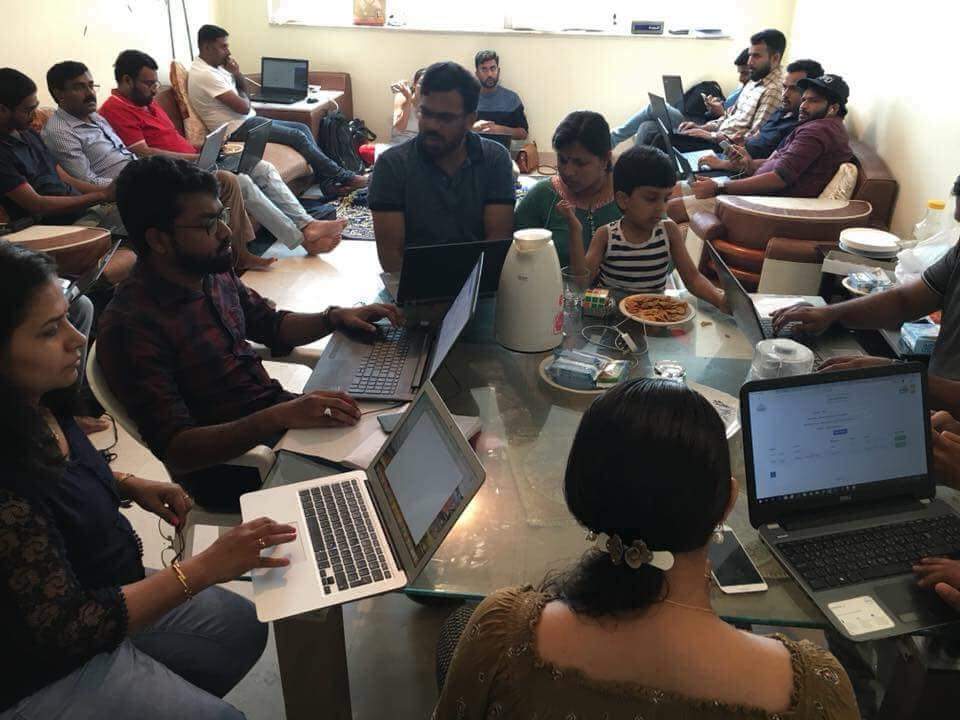- exchanging information pairwise (email, facetime)
- collaborating on shared information (wikis, reddit, github)
- distributing information en masse (netflix, twitter)
- exchanging value pairwise (bitcoin)
- collaborating on shared value (smart contracts, creating new markets)
- distributing value en masse (ICOs, airdrops)
And like the internet, prime time is gonna be big.








